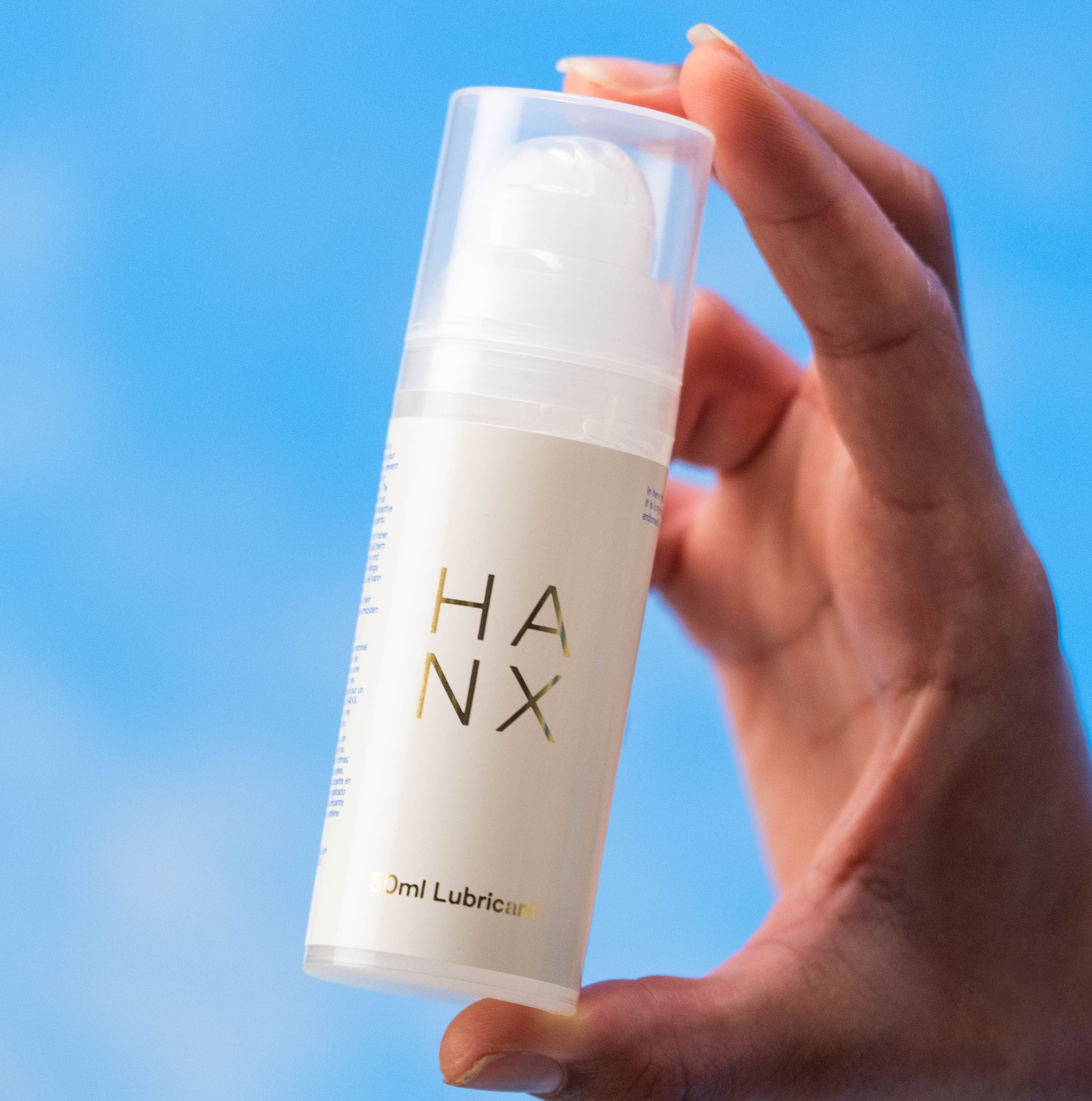Safe Sex 101: How To Avoid Sexually Transmitted Infections
Extra, extra, read all about it: there's a massive rise in gonorrhoea right now and it's up to us all to play safe, keep our partners safe and educate ourselves on how best to prevent the spread of this hard-to-pronounce sexually transmitted infection.
Our Co-Founder Dr Sarah Welsh has over 10 years of experience in gynaecology under her belt, and saw it all in her time working in NHS sexual health... so who better than to tackle one of the most taboo topics when it comes to our love lives?
What’s an STI?
Over half a million people in the UK are diagnosed with an STI every year. But what are STIs and how prevalent are they really? Sexually transmitted infections (STIs) are infections transmitted via sexual contact and can become sexually transmitted diseases (STDs) if the infection is exacerbated and then leads to disease. There are more than 30 infections to keep an eye out for, with the usual suspects being chlamydia, gonorrhoea, syphilis and trichomoniasis.
How could I get an STI?
STIs can be passed on from any form of sex, including and especially oral sex. Our top tip? Use a condom from the start of any sexual contact as infections can be spread by good ol’ bodily fluids, e.g: saliva, vaginal fluids, semen and blood. That’s not all: STIs can also be spread by skin-to-skin contact, with warts and herpes leading the charge. Brush up on your condom-putting-on skills here.
How do I know if I’ve got an STI?
A good few STIs and in particular, chlamydia can sometimes be symptomless meaning you could be infected and not even have a clue. We mean it - sometimes no news isn’t good news… If you do however experience symptoms, they’ll be pretty noticeable including urinary discomfort (that’ll pain when you pee), genital itching, unusual discharge, unscheduled menstrual bleeding or spotting and pelvic pain for starters.
In order to be diagnosed with an STI, you’ll need to be seen by a healthcare specialist at your GP, GUM clinic, gynaecologist or get tested via a postal STI test.
What happens if I don’t get treatment for an STI?
Firstly, don’t panic. Most STIs can be treated and the sooner you begin treatment, the better as this can prevent any long-term damage to your health. Chlamydia is a great example, as you may only require one dose of antibiotics and that’s that - putting it off is definitely worse than just dealing with it. It’s worth mentioning that long-term infection can cause cervical cancer, chronic pain, pregnancy risks and infertility and internal scarring. Inform your sexual partners so they can also be tested and seek treatment - awks conversations aside, it’s the responsible thing to do. Here's our guide on telling someone you have tested positive for an STI.
How can I protect myself and my sexual partners from STIs?
Condoms! We’ve said it once and we’ll say it again: protect yourself against getting infected in the first place and use an external/internal condom. As the only form of contraception that also works to protect against STIs, condoms are an essential element in practising safe sex. Here’s our top HANX tips for staying safe and keeping those STIs at bay:
-
Use internal/external condoms or dental dams at the start of sexual relationships to prevent STIs.
-
Remember to sign up for regular STI tests if you have new sexual partners and bear in mind that whatever information they choose to disclose about their sexual health status, you still need to take control of your own body and ensure your own wellness.
-
Spermicides do not protect against STIs. Products containing spermicides may actually increase your risk of contracting HIV and other sexually transmitted infections. Why? The chemical in spermicide (Nonoxynol-9) can irritate vaginas and make it easier for STIs to enter your body.
-
Be aware of unusual symptoms and changes to your body, especially unusual discharge, genital itching or pain when you pee and if you are experiencing these symptoms, book in for an STI test.
Want more?
- Be prepared for date night and shop our trusted Condoms here.
- How do you tell someone you have an STI? Here's our judgement-free guide.
- Can you get an STI from kissing? We bust the myths around making out here.






















